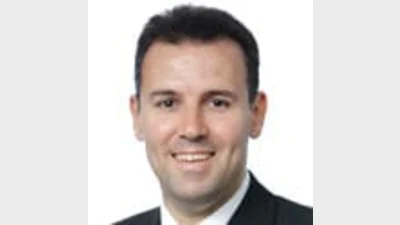Questions over potential CC cap loopholes



|
|
Advisers are waiting on more detail regarding superannuation contribution cap measures.
The Government used its response to the Henry Review of taxation to wind back some of the super contributions cap measures announced in the last Budget.
From 1 July 2012 workers aged over 50 with balances below $500,000 will be able to make up to $50,000 in annual concessional superannuation contributions.
"We're getting lots of questions around how that $500,000 is going to work," said the manager of MLC Technical, Paul Sarkis.
Some of the questions around the application of the cap include whether it will include pensions, withdrawals and whether or not contributions that are split with a spouse will be counted towards the $500,000 threshold.
Sarkis said some advisers were also asking whether a fall in the market, and the resulting reduction in super balances, would give investors another chance to make concessional contributions.
"The Government has said they will consult with industry so we look forward to being involved in the consultation on that," Sarkis said.
"I dare say they will probably want to put some controls around it."
Sarkis said some are considering whether people over the age of 55 may start a transition to retirement (TTR) pension, withdraw funds to get under the $500,000 threshold and then make additional concessional contributions.
"All those things are starting to emerge, so I reckon the Government will want to put on some controls to stop people trying to reduce their benefit under the $500,000 so they get the higher cap," Sarkis said.
"Particularly where it involves pulling money out to get under the cap and then putting money back in. It's not really in the spirit of what they're trying to achieve."
Sarkis said the Government had made clear the changes were designed to assist those who needed to play catch up with their super, rather than people who already have significant super savings.
Recommended for you
Compared to four years ago when the divide between boutique and large licensees were largely equal, adviser movements have seen this trend shift in light of new licensees commencing.
As ongoing market uncertainty sees advisers look beyond traditional equity exposure, Fidante has found adviser interest in small caps and emerging markets for portfolio returns has almost doubled since April.
CoreData has shared the top areas of demand for cryptocurrency advice but finds investors are seeking advisers who actively invest in the asset themselves.
With regulators ‘raising the bar’ on retirement planning, Lonsec Research and Ratings has urged advisers to place greater focus on sequencing and longevity risk as they navigate clients through the shifting landscape.










